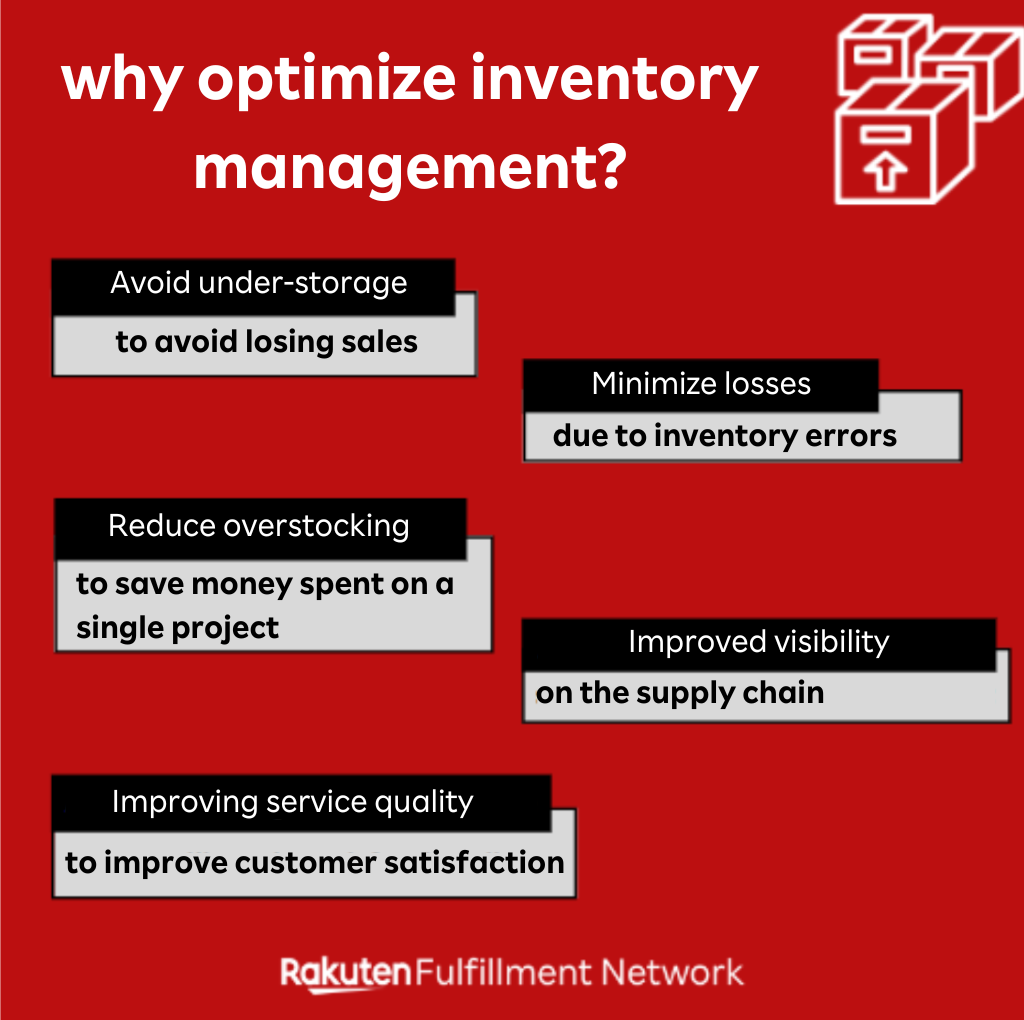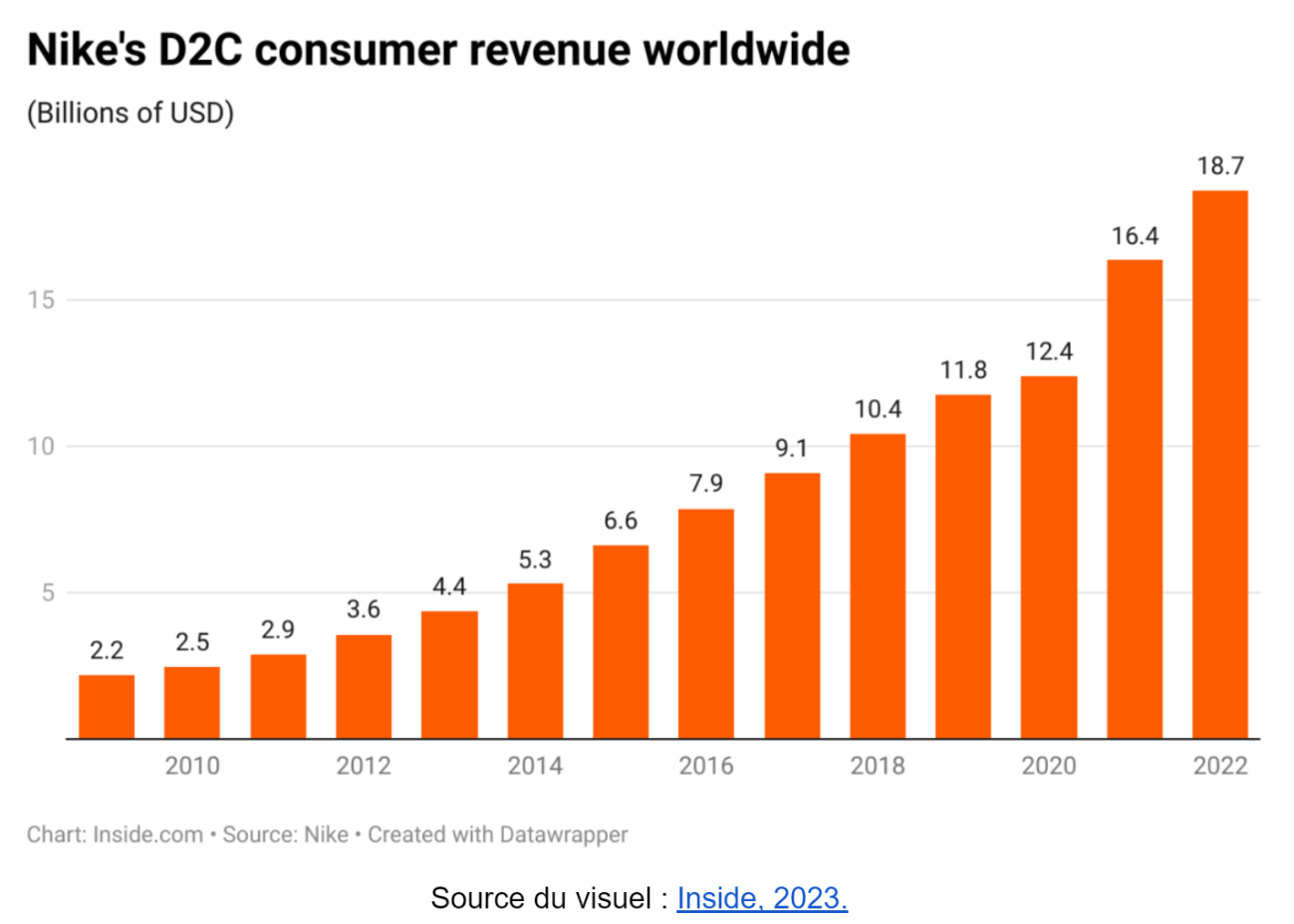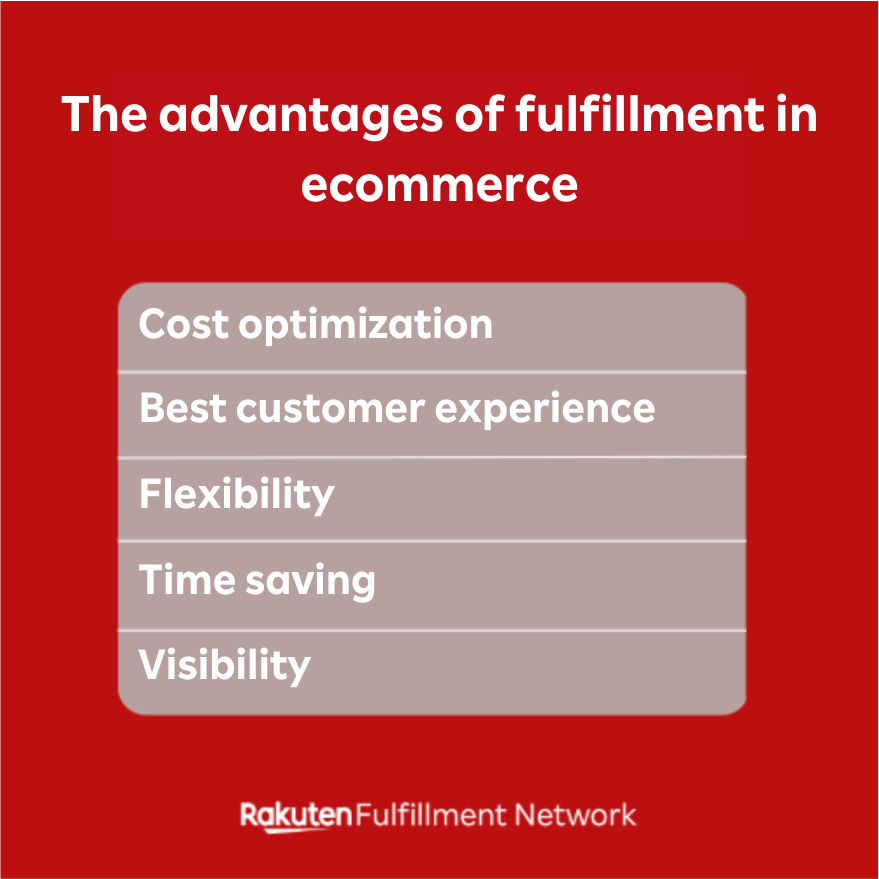D2C: advantages, challenges and keys to success in direct sales
It's a model that appeals to consumers and brands alike: Direct-to-Consumer (D2C). Booming in recent years, this business model is simple. It enables a company to sell its products or services directly to consumers, without any intermediaries.
By 2022 ,57% of multinational companies had invested heavily in this strategy. As for buyers , 80% are expected to make at least one purchase via a D2C brand in the next 5 years. The revolution is underway, especially in the world of e-commerce. But what are the keys to the success of this Direct-to-Consumer model? All the answers from Rakuten are in this article.
I. Differences between B2C, B2B and D2C
The Direct-to-consumer model breaks the codes of traditional commerce. What makes it special? Itenables brands to sell their products directly to consumers, without the need for distributors, wholesalers or supermarkets. More commonly referred to as D2C... not to be confused with other acronyms, such as B2B and B2C.
B2C refers to the direct sale of products or services from a company to an "individual" consumer. Nike, Le Slip Français or Zara are "Business to Consumer" brands.
Conversely, B2B corresponds to transactions between companies. We speak of "Business to Business". For example, Salesforce is a B2B company, selling its software to other companies.
II. What are the advantages of the D2C model?
By choosing the Direct-to-Consumer model, brands establish a direct relationship with their customers. There are no intermediaries to disrupt the buying experience, which not only promotes proximity, but also personalization of the relationship .
Data collection is also direct, enabling the company to get to know its customers better, so as to offer them offers as personalized as the relationship itself. The company can easily demonstrate continuous improvement, and innovate to rapidly improve customer experience and satisfaction .Total control!
What's more,a D2C business has great flexibility: it's free to set its own prices, regardless of the margins of certain intermediaries. This flexibility has an impact on the company's profitability, since it can achieve a higher margin on its products.Stock-outs are also less frequent. Finally, a D2C company can also accelerate the time-to-market of its products, and grow faster..
If the D2C strategy is effectively executed. But this model isn't magic: there are many challenges to overcome!
III. Challenges of the D2C Model
In the retail sector, and especially in e-retail, the D2C model poses a number of challenges. Whether you're a new Direct-to-Consumer brand, or a company already on the market that wants to move towards this approach.
Let's take the example of a brand that wants to launch its own online store, selling directly to consumers. The work involved is colossal: investing in the right technological platform, recruiting a team, building and maintaining the entire brand image, guaranteeing quality customer service... This is not an approach to be taken lightly!
In today's saturated digital space, developing a visibility strategy can be perilous. And costly. How do you stand out from the competition? How can you attract new buyers with a sound marketing and communications strategy, without incurring extra costs?
And then there's the question of logistics. Will you be able to manage the ordering, stock management and delivery system? Quite often, brands prefer to rely on a logistics solution, such as Rakuten Fulfillment Network, to manage this part of their business.
A logistics service of this kind cuts costs, offers responsive customer support, and takes care of packing, shipping and tracking orders and stock. Perfect for focusing on what a D2C brand does best: selling.
IV. Key success strategies for D2C companies
- Creating a targeted marketing strategy
The Direct-to-Consumer approach requires you to know your customers inside out. Once you've created your marketing persona, you'll be able to develop a targeted marketing strategy .
It's an essential step if you want to get to the heart of your customers! And this is where the most successful D2C stores stand out. They avoid mass marketing, in favor of personalized campaigns. They also createengaged communities on social networks, with consumers who share the same values .
Within these communities, the most loyal customers often become ambassadors. They are the ones who take over the brand's marketing actions, thanks to word-of-mouth and the creation of UGC (User Generated Content).
One of the key success factors for D2C companies is therefore the power of their marketing, and the commitment of their community, particularly online .
- Delivering a flawless user experience
Consumers have too often been disappointed by brands that don't respect their commitments... Like delivery time. 57% of online shoppers consider delivery time to be an important criterion in their purchasing decision (source: Fevad). So, where brands with a D2C model stand out is when they honor an irreproachable customer journey. From A to Z.
Indeed, successful Direct-to-Consumer brands tick all these boxes:
- An e-commerce site with a simple, fluid customer journey
- A responsive design, on computer, mobile and tablet
- A reliable payment system
- Personalization throughout the purchasing process
- Impeccable customer service
This last point is essential, to contribute to the e-reputation of online stores. 55% of consumers are ready to recommend a company if its customer support is exceptional, according to Zendesk .
- Develop a data-centric approach
46% of D2C brands rely on consumer data to personalize the customer experience and improve the buying journey, according to Stirista (2021). Companies that favor direct sales have understood: better customer knowledge is a key success factor!
As long as information gathering is carried out in compliance with RGPD rules, brands have every interest in becoming "Data Centric". Data linked to purchasing behavior and preferences allow us to better understand our customers... And anticipate their needs.
Indeed, successful D2C brands no longer hesitate to develop a predictive approach, to improve the shopping experience. Predictive analysis also helps toanticipate demand, and thusimprove inventory management and the supply chain. A real winning bet, to minimize risk and maximize profitability.

V. What does the future hold for the D2C model?
Direct-to-consumer commerce is often heralded as the future of e-commerce. The DNVB and ONVBbrands are contributing to the growth of this ecosystem, combining a 100% digital and 100% direct presence . On a larger scale, 80% of brands (who are not necessarily D2C) believe that this model has an impact on their business, according to a study by Club CMO and Epsilon-Conversant. The conclusion is clear: Direct-to-Consumer is a golden opportunity, but also seen as a threat, for more traditional players.
In the post-Covid era, this trend towards D2C commerce has increased in particular. And with the rise of e-retail and increasingly connected consumers, forecasts seem rather optimistic: this model should continue to develop... Under certain conditions.
First of all,ignoring technology will no longer be an option. Equipping yourself with the latest technologies, to deliver a unified omnichannel experience, will become a necessity. What's more, the D2C model should evolve towards a more open form: tomorrow, the idea will no longer be to refuse all intermediaries... But rather toaccept intermediaries who take growth to another level, without compromising the direct relationship between brand and buyer.
This isprecisely what the 12,000 professional sellers, who offer their products to 13 million buyers, can find on our Rakuten platform. Thanks to the Rakuten Fulfillment Network, brands can benefit from improved D2C logistics... while maintaining a quality relationship with their buyers.
VI. Examples of successful D2C brands
There are many success stories in the D2C world. They cover a wide range of sectors. Ready-to-wear brands includeSézane and Le Slip Français. In bedding ,Tediber. In eyewear ,Jimmy Fairly. Or Miliboo, for furniture. Some brands, such as Bergamotte, are even breaking new ground in the very traditional world of florists .
All these brands rely on digital channels (website and social networks) to make themselves known... and recognized. Most are also banking on a recurring revenue stream, thanks to subscription sales.
At the same time, other success stories are emerging in D2C, from larger, more traditional players. This is particularly true of certain sports brands, which are making the transition to this more direct model.
For example, by positioning itself more on the direct sales market, Nike multiplied its D2C sales by 6.6 between 2010 ($2.5 billion) and 2021 ($16.4 billion). This represents just under 40% of its overall revenue stream. Which means that 60% is still generated by relying on key partners (physical or online resellers). And that reminds us of another success story..
Image source: Inside, 2023.

VII. Rakuten and Direct-to-Consumer
For decades, Rakuten has been helping brands capture the hearts of their customers through a D2C approach. Brands such as Kusmi Tea, Emma and Proline have chosen our marketplace to address their customers directly.
What motivated their choice: the possibility of creating a real sales and communication channel within our marketplace. Indeed, every Rakuten seller can create a personalized e-shop, to control their brand image, improve the customer experience and highlight their best offers.
In this way, brands create their own highlights on Rakuten. This is the case for Groupe SEB, which has created the 7 jours imbattables: a week dedicated to products from the Rowenta, Moulinex and Tefal brands, promoted to our 13 million recurring buyers.
Joining forces with a partner like Rakuten enables us to meet the major challenges of D2C, thanks to an already large and loyal audience and ready-to-use communication channels.
Rakuten: a key partner for your D2C strategy
Today, marketplaces play a central role in business growth. by2022, 67% of e-commerce sales will have been made on marketplaces, making them a significant sales channel, especially for D2C brands .
For example, by becoming a seller on our Rakuten marketplace, an e-commerce player can reach 13 million regular buyers. And unlike most marketplaces, we don't sell products: all our efforts are focused on your success, directly with your customers!
In addition, Rakuten offers a whole range of services, from e-commerce logistics with Rakuten Fulfillment Network (the leading marketplace for 4PL logistics) to drive-to-store. You give your products the visibility they deserve, and we take care of the rest. Packaging, shipping, order tracking... Your customers are satisfied, and your schedule is relieved. 99.8% of orders placed before 2pm are even delivered within 24 hours, to delight your most hurried customers!
Click here to open an online store and sell your products directly on Rakuten:
